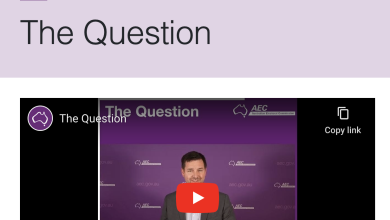COVID-19 TESTING
NSW Health recommends that anyone with respiratory symptoms or unexplained fever should be tested for COVID-19. Symptoms including fever (above 37.5) cough, sore/scratchy throat and shortness of breath.
Other reported symptoms of COVID-19 include loss of smell, loss of taste, runny nose, muscle pain, joint pain, diarrhoea, nausea/vomiting and loss of appetite. In more severe cases, infection can cause pneumonia with severe acute respiratory distress.
Free COVID-19 testing in the Hills to Hawkesbury area is available at several locations. Patients do not require a referral.
• Riverstone Respiratory Clinic (Corner of Market and George St) is testing Monday to Friday between 8am to 4pm by appointment only. Call 9059 6980 or book online.
• Castle Hill Respiratory Clinic (located at Level 1, Castle Mall, 4-16 Terminus Street, Castle Hill) is testing 8am to 5pm, Monday to Friday. Call 9634 5000 to make an appointment or book online at castlehillmedicalcentre.com.au
• There is a drive-in clinic at Hawkesbury Showground 10am to 12.30pm and between 1pm to 3pm Monday to Friday. Testing for COVID-19 is available at Westmead Hospital seven days a week between 7am and 9pm.
According to figures this week from NSW Health there are currently no new cases. In the past four weeks thousands of people have been tested:
• The Hills Local Government Area: 4,439
• Hawkesbury LGA: 1,830
• Blacktown LGA: 7,843
NSW Health has stated that testing is especially important for:
• anyone who lives or works in a high risk setting, including healthcare facilities, aged care and other residential facilities, schools, prisons, and other closed settings
• Aboriginal and Torres Strait Islander people
• people who are close contacts of a confirmed case or who have returned from overseas in the last 14 days
• anyone admitted to hospital
WentWest CEO, Ray Messom has acknowledged the need of respiratory clinics to reduce pressure on local general practice and hospital COVID-19 testing services and emergency departments, while providing patients with the opportunity to receive greater access to assessment and testing to continue to flatten the curve.
Results are provided to patients through phone, SMS, or other forms of communication.
Patients are then referred to their GP for ongoing treatment, in which case, results can also be provided to their GP by the clinic for further assessments.










